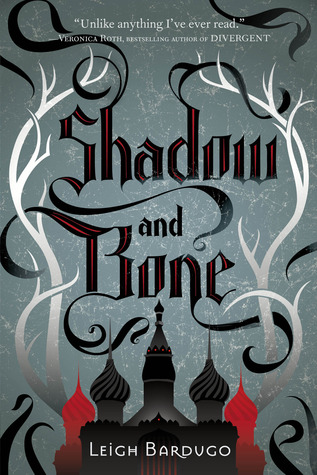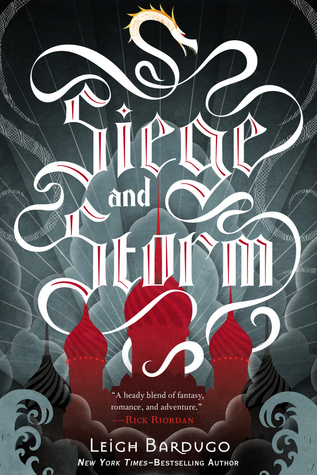I just finished this book, which has received quite a bit of attention lately, and honestly, I cannot say that reading this book was a worthwhile undertaking. To be fair, I think the author did a lot of reading and research in preparation. However, his book is filled with contradictions and will be frustrating for any serious student of the Bible. For example, the author states multiple times throughout the book that Jesus and his disciples were illiterate, uneducated day-laborers. But at the same time, he goes on to say that Jesus picked an obscure prophecy from the book of Daniel to confirm his status of Messiah. How could a simple illiterate peasant do that?
Aslan also disputes portions of the New Testament and brands them as total fiction with the aim of proving that Jesus was just another failed "messiah" who tried to rouse a Jewish rebellion against Rome. At the same time, he admits that Jesus never advocated violence and was a miracle worker, healing the sick, casting out demons and raising the dead.
Furthermore, the author devotes a good portion of his book arguing that Jesus never claimed to be the Son of God, and most certainly never talked about his divine origin. However, he unequivocally states that something miraculous must have happened (i.e. Jesus' resurrection) for Jesus' movement to persist and for his followers to choose gruesome death over rejecting Christ's resurrection. Aslan also claims that the majority of the New Testament is based on Paul's teachings which were not in line with the teachings of the Apostles and therefore, not in line with the teachings of Jesus. The sole point of disagreement which he cites though is whether Christians must follow the Jewish law and rituals.
Needless to say, I found the book extremely frustrating; and moreover, I think it could be misleading to those who are not familiar with the Bible. Aslan cherry picks some portions of the Scriptures to support his claims and outright dismisses others. He also relies heavily on and does not dispute the verity of the writings of Roman historians, Josephus in particular.
I decided to get to the end of the book just to see what conclusion the author arrives at. It was a huge disappointment. Aslan basically concludes that "the Christ of Paul's creation has utterly subsumed the Jesus of history." He seems to think that Jesus was a zealous revolutionary who challenged Rome and tried to establish the Kingdom of God on earth, but that this Jesus is completely lost to history.
To me, the fact that Aslan failed to disprove Jesus' miracles or his resurrection speaks volumes. He in fact admits that Jesus most probably did work miracles, and something miraculous (such as his resurrection) must have occurred for Jesus' movement to persist. As such, Jesus' works speak much louder than anything else Aslan might have said in his book.
In sum, I think Reza Aslan did a great job marketing his book, but reading it was utterly frustrating and disappointing.


















